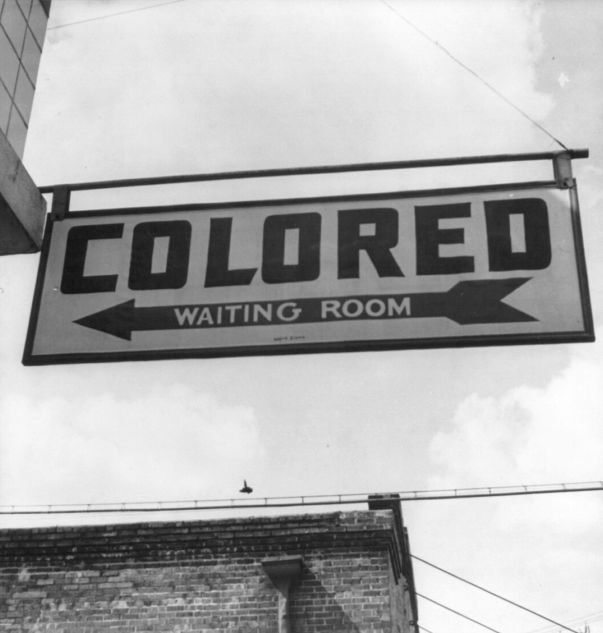On 3 June 1946 The US Supreme Court declared a Virginia law requiring the racial segregation of seats for white and African-American passengers on buses unconstitutional.
The Supreme Court struck down a lower court decision in the Morgan v. Virginia case. On 16 July 1944, African-American Irene Amos Morgan was returning from Virginia to Baltimore with her friend. Under Virginia law, African-Americans could not sit next to or in front of white passengers.
When a white couple boarded the bus in Middlesex County, Virginia, the driver ordered the women to give up their seats. Irene's friend followed the order, but Irene Morgan refused to comply. The driver called the police, but Morgan stayed put. She was charged with resisting arrest and violating Virginia's transit law. On 18 October 1944, she admitted to disobeying the police in court, which found her guilty. However, she refused to accept the legitimacy of racial segregation.
With the help of the NAACP (National Association for the Advancement of Colored People) Morgan managed to get the case appealed by the Virginia Supreme Court of Appeals, which upheld the lower court decision. Undaunted, however, she took the case to the US Supreme Court. Prominent African American lawyer William Hastie and human rights activist Thurgood Marshall provided her with legal representation. Rather than basing their strategy on the 14th Amendment to the US Constitution, they insisted the Jim Crow laws mandating racial segregation on long-distance buses violated the US Constitution's interstate commerce clause.
On 9 April 1947, 8 white and 8 black activists - George Hauser, Bayard Rustin and others inspired by the success of the Morgan v. Virginia case took the “Freedom Ride”, accompanied by journalists, educators, academics and several ministers from North Carolina. Four participants were arrested; war veteran Martin Watkins was beaten. In 1965, the Jim Crow laws were abolished.
In 2000, Irene Morgan became an Honorary Citizen of Gloucester County, Virginia; she received the Presidential Civil Medal from Bill Clinton in 2001, and was inducted into the Maryland Women's Hall of Fame in 2010.
























